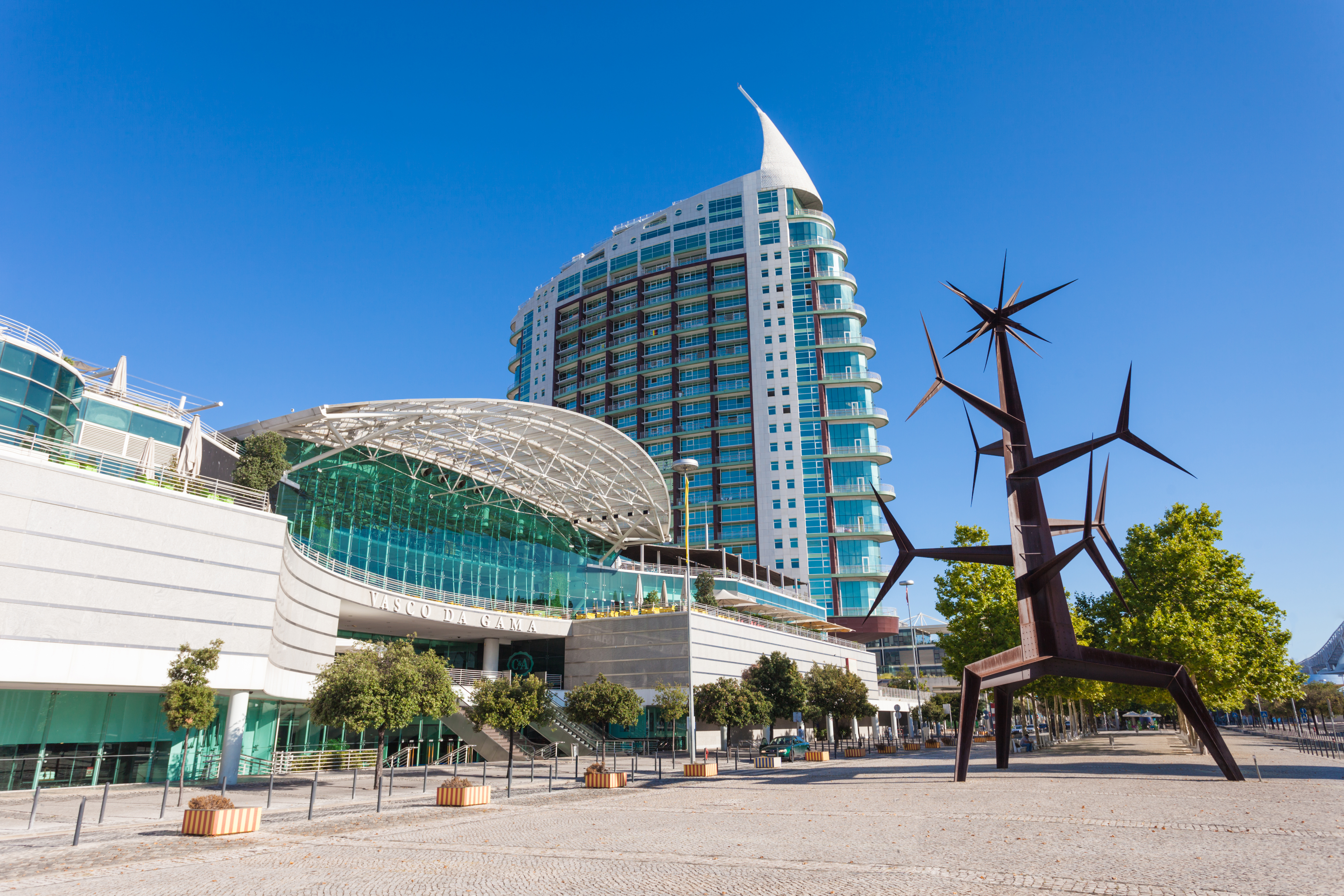A D2 visa in Portugal is a document valid for up to four months. It entitles the holder to two entries into Portugal for the purpose of registering for a residence permit through the establishment of a business. It is intended for immigrants who wish to start a company, purchase a company share, purchase a franchise, or change the location and/or create a branch of an existing company.
Immigrants who have become residents of Portugal through a residence permit for entrepreneurs receive ample opportunities to promote their businesses in the European market, including progressive banking services and tax benefits.
Portugal business visa types
Business immigrants can apply for a permit to enter Portugal for the following types of businesses:
- Sole proprietorship. Independent professionals have the right to obtain a visa based on a contract or written invitation from a service provider for freelance work. In some cases, proof of professional qualifications issued by the relevant authorities is required.
- Entrepreneurship. Aspiring or established businesspeople can apply for a D2 visa and a residence permit if they have made or plan to make investments in Portugal and have the necessary funds. To open a branch of an existing company, financial statements indicating the organization’s successful commercial activity must be provided.
- Startup program. With the support of a certified Portuguese incubator registered with the Agency for Competition and Innovation (IAPMEI), a business immigrant can develop a unique entrepreneurial idea.
- Golden Visa. Investing EUR 500,000 or more in the registration or increase of the authorized capital of a Portuguese company, as well as creating (or maintaining) new jobs in the territory of the Republic, allows you to obtain a visa and residence permit on simplified terms.
Portugal D2 visa requirements
According to the Portuguese Immigration Law, to obtain a D2 visa (Portugal), the applicant must meet the following requirements:
- Be of legal age;
- Have no unexpunged criminal record or administrative offenses;
- Have a positive visa history in the EU and Schengen countries;
- Register with the local tax office and obtain an individual taxpayer number;
- Hold a valid Portuguese bank account;
- Demonstrate the intention to develop and invest in Portugese business;
- Have a clear business plan.
Documents required for Portugal business visa application in 2026
The representative authorities’ requirements for the dossier may differ depending on the applicant’s nationality and personal data. The standard package of documents for processing a D2 visa to Portugal includes:
- An application based on the established form;
- A passport valid for at least three more months from the expected return date to the home country;
- Two color photos measuring 3.5 x 4.5 cm;
- A certificate of no criminal record issued in the country of permanent residence;
- Authorization for a criminal background check by the Portuguese Border and Immigration Service (SEF, Serviço de Estrangeiros e Fronteiras);
- A policy that covers emergency medical services and possible repatriation with a minimum sum insured of at least EUR 30,000;
- Proof of residence: a rental contract or title documents for a residential property in Portugal;
- Proof of stable income not lower than the guaranteed minimum wage (EUR 705 /month as of 2023) – income certificates, bank account statements, etc.
The specific documents required for successful business immigration to Portugal vary depending on the business sector.
- A detailed business plan reflecting the company’s relevance to the Portuguese economy, its scope of activity, and its expected income;
- Statutory documents and financial statements of the existing organization;
- A contract of employment/service agreement for self-employed persons;
- An IAPMEI declaration confirming the signing of the incubation agreement for the StartUP Visa programme;
- Confirmation of participation in the investment project for the Portugal Golden Visa Program.

How to get Portugal residency by starting a business
The standard immigration process for entrepreneurs with a D2 visa in Portugal, followed by temporary resident status, consists of four main stages:
- Company registration. A potential Portuguese entrepreneur may start a company from scratch, purchase an existing business, or sign a contract with a certified incubator to develop a specific project. Issues related to opening a corporate account, renting real estate, and obtaining an individual taxpayer number can be resolved remotely with the assistance of migration law attorneys.
- Dossier preparation. Certificates issued abroad must be translated into Portuguese by a certified professional. According to the Hague Convention, foreign documents must be apostilled.
- Visa application. Based on the company’s registration data, the immigrant applies for a D2 visa by submitting documents to the Portuguese embassy in their place of residence. The visa is valid for four months and allows for two entries into the country to obtain temporary residency.
- Residence permit registration. Within three months of moving to Portugal (no later than 30 days before the expiration of the Portuguese visa), the business immigrant should apply to the SEF for a temporary residence permit. The status is valid for two years and can be renewed for three-year periods as long as the legal grounds for residence in Portugal are met.
Portugal D2 visa processing time: what to expect in 2026
With professional legal support, you can reduce the risk of refusal by representative bodies and receive the document in the shortest possible time. With the help of international law lawyers, a Portuguese residence permit for entrepreneurs is issued within six months. The “turnkey” service consists of several stages, as shown in the table below:
| Stage | Term |
|---|---|
| Documents collection, business start-up/organization | About 1-2 months |
| Submitting an application to the Portuguese consulate and obtaining a D2 visa | Up to 60 days |
| Registration with the SEF immigration service (preparation, scheduling, waiting for the application date, and application registration) | Up to 1 month |
| Processing of the application and obtaining a residence permit | Up to 90 days |
Portugal D2 visa minimum investment and registration costs
A business visa to Portugal, leading to a residence permit, can only be issued after all registration and consular fees have been paid. The fees for public services are listed in the following table:
| Grounds | Cost, € |
|---|---|
| Registration of a Portuguese company | 360 |
| Certified accountant appointment and submission of the Declaration of Commencement of business | 50 |
| Deposit of the share capital amount | From 5000 |
| Consular fee for a D2 visa to Portugal | 90 |
| State fee for obtaining a residence permit | 84 |
Benefits of the Portugal D2 entrepreneur visa in 2026
A Portuguese business visa holder acquires many rights and privileges, including the ability to:
- Travel throughout the EU and Schengen area to expand business and build corporate ties with clients and partners;
- Obtain a residence permit for themselves and their close relatives (spouses, children, parents, and dependent siblings) all at once;
- Benefit from the simplified tax regime for non-permanent Portuguese residents.
- Access to all health and education services;
- Acquire permanent residency after five years of continuous residence in the territory of the state under a residence permit and after a year, Portuguese citizenship.
How taxation works with a Portugal D2 visa
The standard corporate tax (CT) rate for legal entities in mainland Portugal ranges from 21% to 31.5%. Residents pay taxes on income acquired worldwide. Business immigrants who have not been in the territory of the Portuguese Republic for the last five years and who have been issued a D2 visa and a residence permit can claim a ten-year period of reduced taxation.
During this preferential period, the foreigner pays taxes only on profits earned in Portugal. Non-permanent resident (NHR) status allows one to fix the rate of taxation at 20% and be fully exempt from taxation on income from dividends and capital gains.
D2 visa and other immigration programs in Portugal
In addition to the D2 visa for entrepreneurs, Portugal offers attractive immigration opportunities for financially independent individuals. This type of permit is similar to a business permit, but it does not allow for profitable activities within the Republic. “Digital nomads” (remote IT specialists), freelancers, retirees, and other categories of foreigners who receive income abroad can obtain a D7 visa and residence permit, which does not allow for employment or entrepreneurship in Portugal. Like businesspeople, financially independent immigrants can legally immigrate to Portugal with their family members.
Wealthy foreigners can obtain entry and residence in the Republic by investing in Portuguese real estate, research and development activities, or businesses. The minimum investment for the Golden Residency Permit Program is EUR 250,000. The main advantage of the Golden Residence Permit is that there are no requirements for permanent residence in the country or naturalization after five years of residency in Portugal.
Portugal is a picturesque country in Europe located on the Atlantic coast. It is a republic with a low crime rate, a pleasant climate without extreme temperature fluctuations, and many magnificent beaches marked with the “Blue Flag,” an international ecological certification that confirms the purity of the water.
With the help of , you can quickly obtain a D2 visa, get a residence permit, and enjoy the many benefits of living in a developed, hospitable country.














